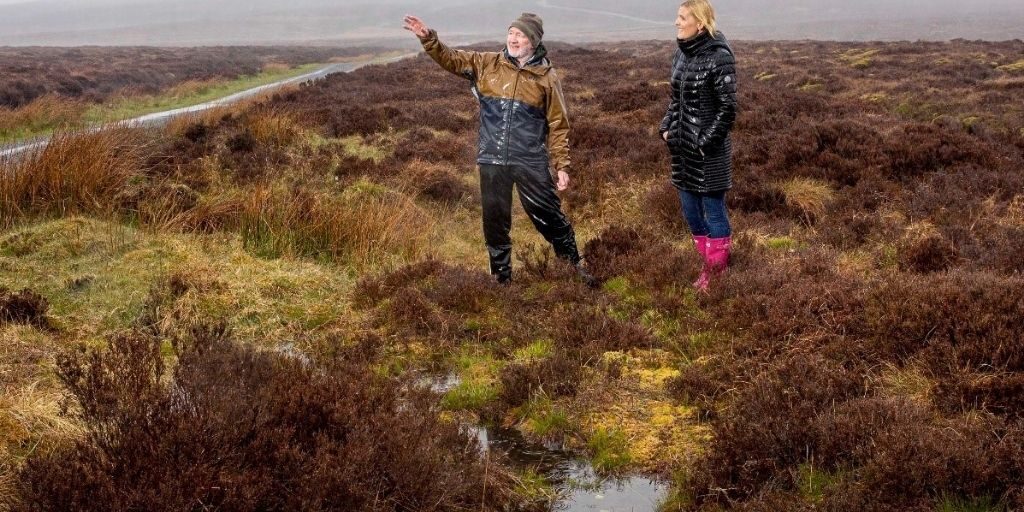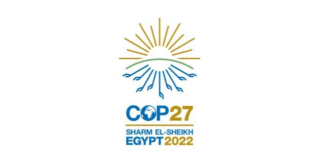Intel and National Parks and Wildlife Service launch bog restoration project to increase water storage by millions of litres
On 20 May, 2021, Intel and the National Parks and Wildlife Service (NPWS) launched a blanket bog restoration project in the Wicklow Mountains National Park (WMNP). The restoration project, taking place over the coming months, will see 60 hectares of drained bog re-wetted to increase water storage levels in part of the River Liffey headwaters by an expected 50-90 million litres. These headwaters supply the Poulaphouca (Blessington) reservoir, a drinking water source for the Greater Dublin Area. The bog restoration will also protect biodiversity, improve carbon storage, and is likely to improve water quality.
This is the first water restoration project funded in Europe as part of Intel’s commitment to achieve net positive water globally, by 2030. By funding collaborative projects to support local watersheds, Intel is committed to restoring water in quantities greater than the water it consumes, closing the gap in its water balance. This public-private project collaboration is one of the first of its kind in Ireland for water restoration and the protection of biodiversity.
There is an estimated 4,000 hectares of degraded blanket bog in the National Park. Degraded blanket bog is caused by a range of land use activities including drainage. It is much more susceptible to damage from extreme weather events such as intense rainfall and extended periods of drought, which are projected to occur more frequently with climate change.
The project, to be overseen by the NPWS, is due to commence in the summer of 2021. Indicative results and data from the project should be available in 2022.
To date, Intel has funded 32 other water restoration projects globally that benefit water basins that support Arizona, California, New Mexico, Oregon, and Texas in the United States, as well as in India and Costa Rica. This project in Ireland brings the number of projects to 33.
Read the full story on the Intel Ireland newsroom.







